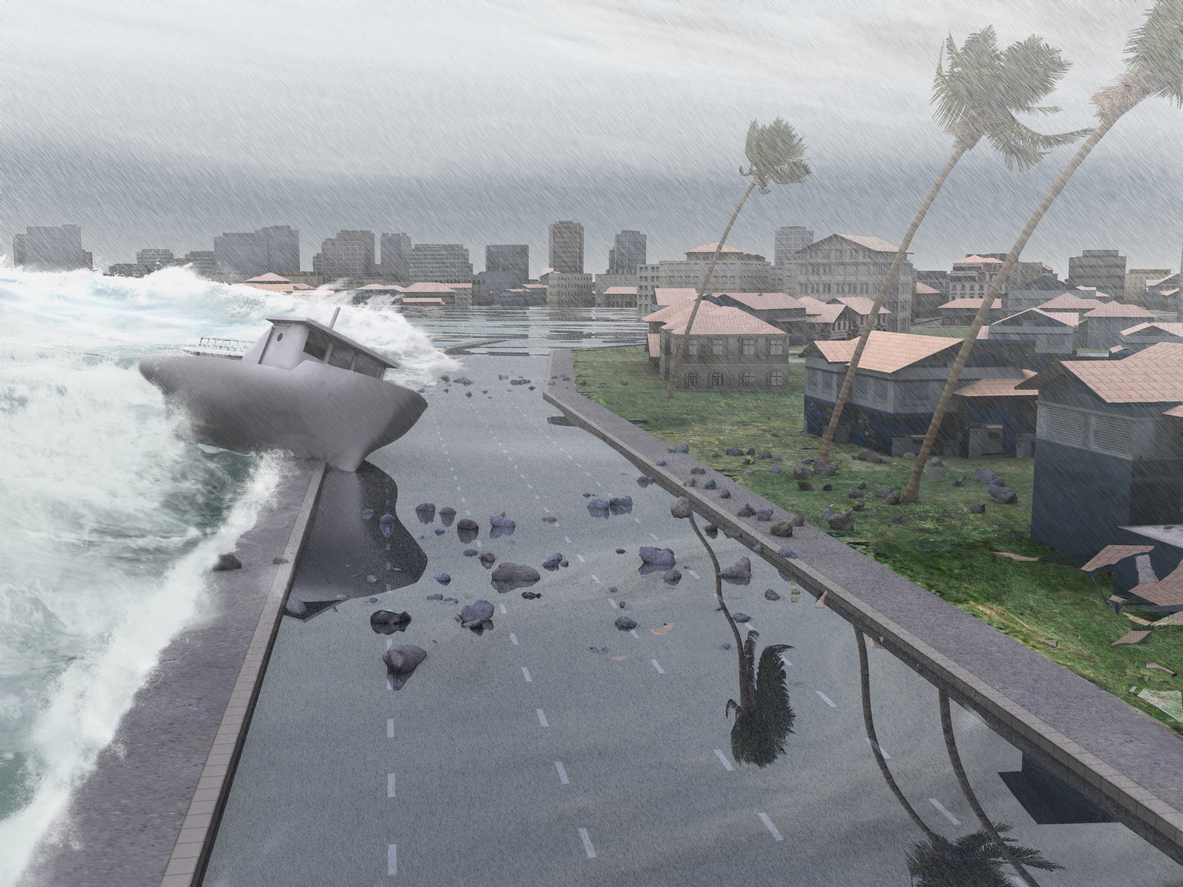Hurricane Ian brought a significant storm surge with it. In some areas, the storm surge was reported to be up to 15 feet. Of course, this raises insurance questions such as what caused the damages to the property, the high winds associated with the storm, or the flooding. This will be a major topic of dispute in insurance claims over the next few years. However, Florida’s Valued Policy Law may be able to offer some guidance.
(a) In the event of the total loss of any building, structure, mobile home as defined in s. 320.01(2), or manufactured building as defined in s. 553.36(13), located in this state and insured by any insurer as to a covered peril, in the absence of any change increasing the risk without the insurer’s consent and in the absence of fraudulent or criminal fault on the part of the insured or one acting in her or his behalf, the insurer’s liability under the policy for such total loss, if caused by a covered peril, shall be in the amount of money for which such property was so insured as specified in the policy and for which a premium has been charged and paid.
(b) The intent of this subsection is not to deprive an insurer of any proper defense under the policy, to create new or additional coverage under the policy, or to require an insurer to pay for a loss caused by a peril other than the covered peril. In furtherance of such legislative intent, when a loss was caused in part by a covered peril and in part by a noncovered peril, paragraph (a) does not apply. In such circumstances, the insurer’s liability under this section shall be limited to the amount of the loss caused by the covered peril. However, if the covered perils alone would have caused the total loss, paragraph (a) shall apply. The insurer is never liable for more than the amount necessary to repair, rebuild, or replace the structure following the total loss, after considering all other benefits actually paid for the total loss.
In the case of Hurricane Ian, there is a combination of covered and noncovered forces. The standard wind policy will exclude damages caused by flood. Consequently, Florida’s Valued Policy Law will not apply unless the covered peril alone would have caused the total loss.
If a plaintiff can prove that wind alone caused a total loss before the storm surge arrived, the Valued Policy Law would require an insurer to pay the policy proceeds.1
The next pressing question is, “what constitutes a total loss?” Unfortunately, the Florida Legislature, in its infinite wisdom, offers no guidance. Fortunately, Merlin Law Group attorney Shawn Marker addressed this question in his blog post: Navigating Florida’s Valued Policy Law – What is a Total Loss.
If you have any questions about your loss or the applicability of Florida’s Valued Policy Law, contact the attorneys at the Merlin Law Group.
1 Citizens Prop. Ins. Corp. v. Ashe, 50 So.3d 645, 652 (Fla. 1st DCA 2010).




